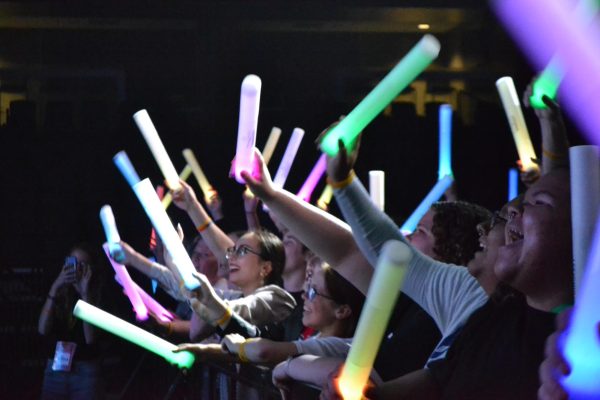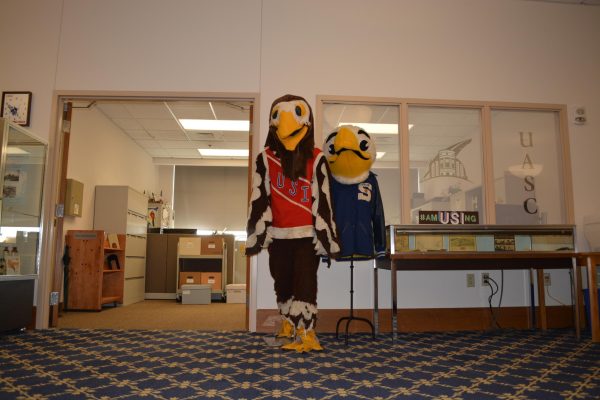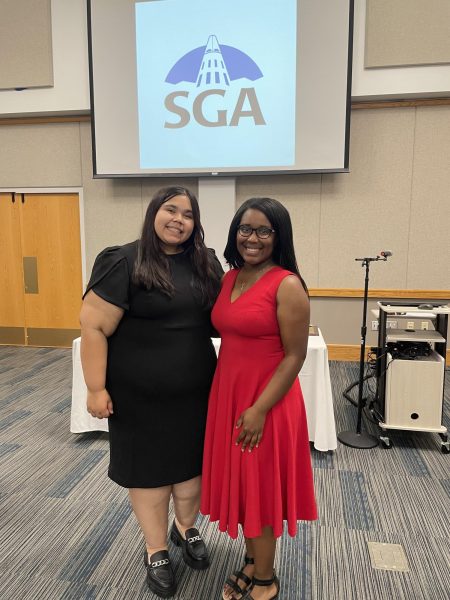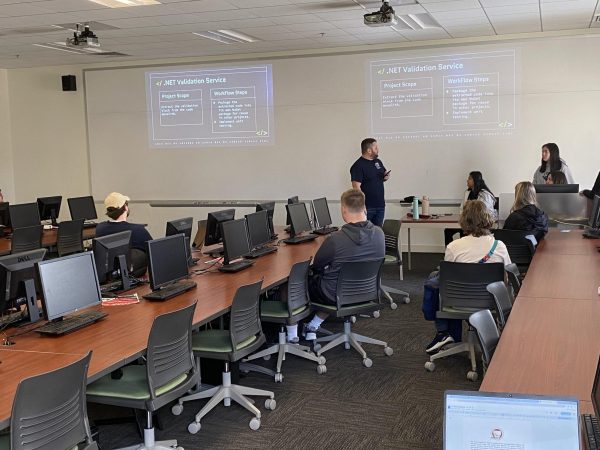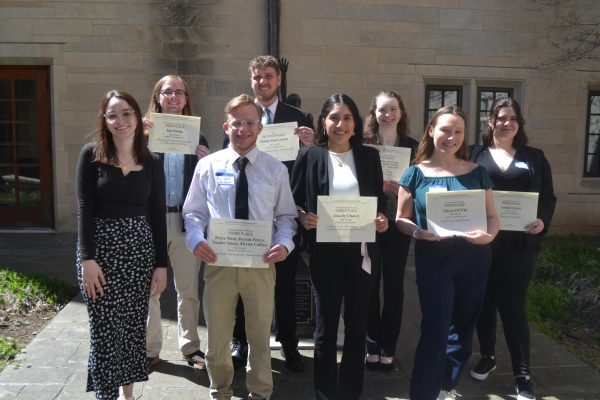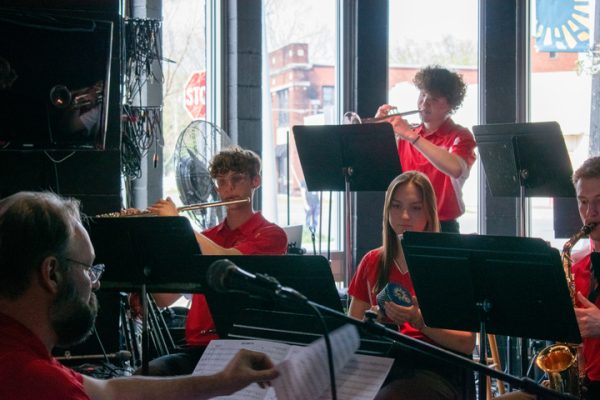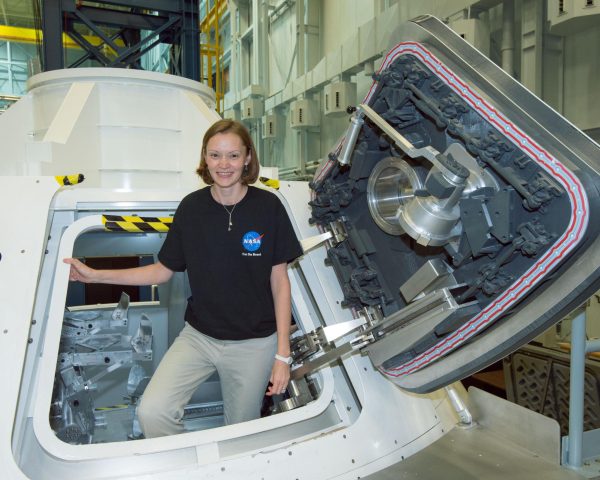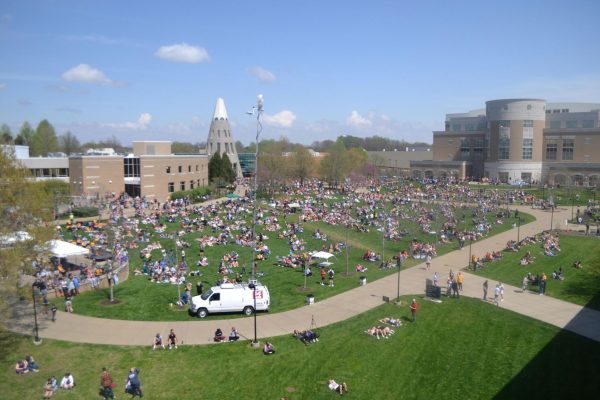Master’s program offers multidiscipline training
World Languages and Cultures Department Chair Silvia Rode said her department saw a need for a multilingual program and went through a long process to establish one.
The Master of Arts in Second Language Acquisition, Policy and Culture is a graduate program aiming to train its students in learning foreign languages, being aware of different cultures and having the ability to apply that to policy development. Courses for the program begin this summer.
“The World Languages and Cultures department gets a lot of inquiries about this,” Rode said. “There are requests by teachers on how they can teach languages, and there are (hospitals) asking about training to work with patients who don’t speak English.”
The department discussed the concept of this program for about four years and Rode spent the past two developing the proposal.
The completed proposal was presented via conference call to the Indiana Commission of Higher Education.
Assistant Professor of German Bartell Berg was part of that conference call and was pleased with how the exchange turned out.
“I anticipated it to be a nervous meeting,” he said, “but there were no questions I felt were difficult in answering.”
Berg said the ease of the call was a result of being well prepared with assistance from the Provost’s Office as well as the “clear” proposal Rode developed.
“We received the news that the program was on fast-track status, meaning the program wasn’t officially approved but had passed a simpler vote,” he said. “It was an exciting moment to hear.”
The program received official approval a few weeks later.
Berg said the roughly two-year program is special in its combination of a variety of disciplines. The training provided by the program aids varying careers from business administrators to health care workers to teachers.
The program also offers a Teaching English to Speakers of Other Languages (TESOL) certificate program in addition to the master’s degree.
“There are plenty of (Master’s in Public Administration programs) or cultural programs or communication programs,” he said. “The combination of these aspects is really unique. That’s the hybrid nature of the program.”
The university anticipated six to 10 applicants, but Berg said the applications have well exceeded that. They plan to cap the enrollment for this fall at 15 students.
“There is more need for second-language acquisition,” said David Hitchcock, associate professor of Spanish. “We’ve received endorsements from employers sensitive to those needs, like Mead Johnson.”
All World Languages and Cultures Department professors will be participating in running the program, Hitchcock said.
He said the breadth of content covered in this program is something students aren’t going to find anywhere else in the region.
“It will bring new, interesting students to campus, and a successful master of arts program is good for undergraduates to see,” Hitchcock said. “We have to be pragmatic and open to new areas. It’s lifelong learning.”

